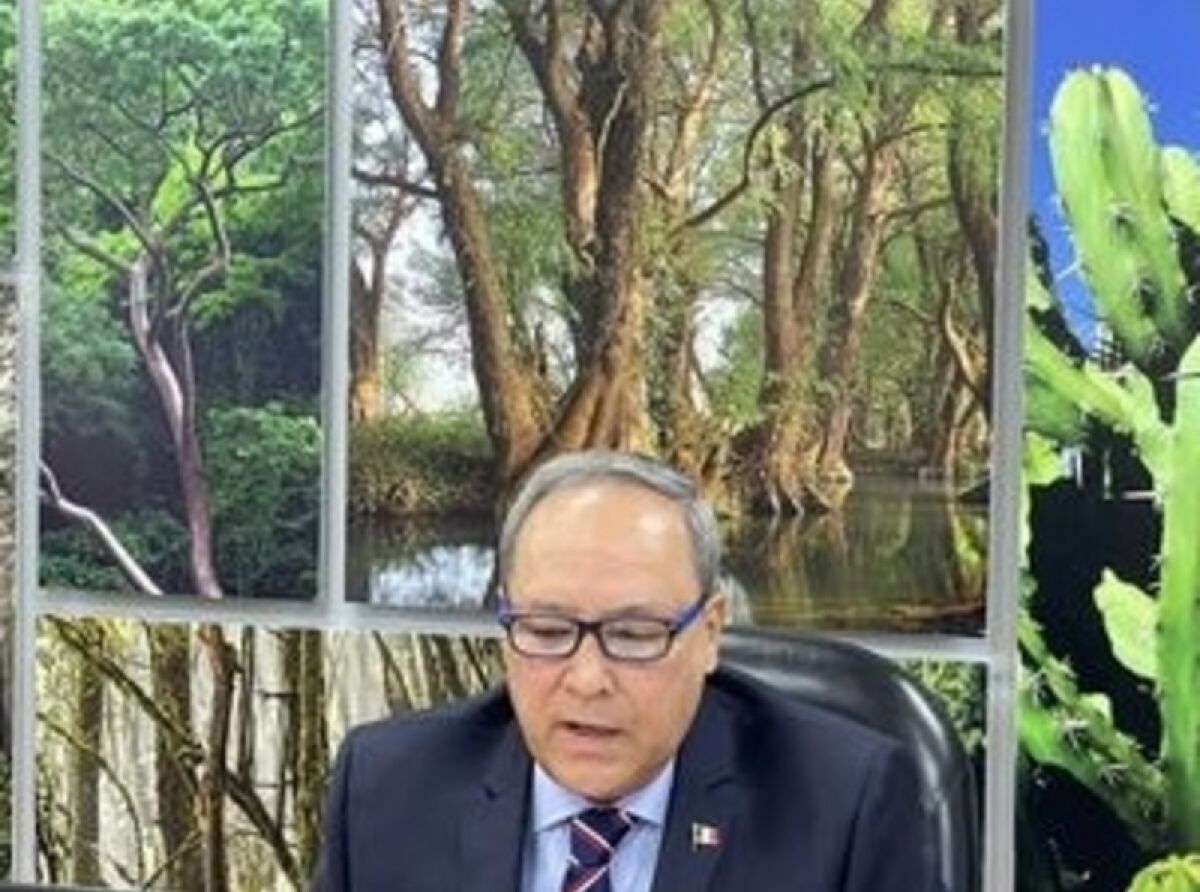Last week the 42nd session of the UN Food and Agruculture Organization (FAO) Conference was held virtually, in conjunction with the 7th World Forest Week, in which 112 countries and 19 intergovernmental organizations and civil society participated.
The report of the 25th session of the Committee on Forestry (COFO,) was presented on June 16 by Víctor Eduardo Sosa Cedillo, Vice President of COFO.
During the session, it was commented that we are currently going through an unprecedented climate, health, and economic crisis, and that forests offer key socio-economic and environmental solutions.
However, urgent action is required to reverse deforestation and forest degradation, as according to the Global Forest Resources Assessment Report 2020, the world loses 10 million hectares, about 25 million acres, of forests every year.
Cedillo noted that during the Committee, the launch of the publication “The State of the World's Forests 2020: Forests, Biodiversity and People,” jointly prepared by FAO and UNEP, was welcomed. It was also recommended that its key findings be considered in the post-2020 biodiversity framework negotiations.
Noting the importance of forest biological diversity for ecosystem services and food security, it was shared that COFO requested FAO to strengthen forestry considerations in the work of mainstreaming biological diversity in the agricultural sector. Likewise, he expressed that COFO recognized the role of forests in the restoration of ecosystems, particularly productive ecosystems. Therefore, within the framework of the United Nations Decade on Ecosystem Restoration (2021-2030), the Committee also requested FAO to intensify efforts to restore forests and landscapes, at all levels.
The Committee recognized the role of forests and sustainable forest management both in building resilience and in mitigating and adapting to climate change and its effects. It also encouraged FAO member countries to place emphasis on accelerating the implementation of national strategies and action plans for reducing emissions from deforestation and forest degradation.
In this regard, the Committee, together with members of the Collaborative Partnership on Forests, asked FAO to build on the results of a joint initiative on “Working across sectors to halt deforestation and increase the area of forest: From aspiration to action.”
It was reported that COFO invited member countries to promote policy coordination and align public incentives to stop deforestation, in accordance with national legislation, and promote sustainable food systems.
In order to strengthen the contributions of the forestry sector to improve agricultural systems and to intensify actions to halt deforestation, COFO requested FAO to integrate forestry into its work on agricultural systems and recommended closer cooperation between COFO and the Committee on Agriculture.
It was also noted that COFO encouraged member countries to integrate their priorities in the forestry sector, in post-COVID-19 recovery plans and in the United Nations Cooperation Framework for Sustainable Development. It recommended that the implementation of the United Nations Strategic Plan for Forests 2017–2030 and the Sustainable Development Goals continue to be prioritized in these countries.
To conclude his intervention, it was reiterated that investments in forest restoration also contribute to the economic recovery after the COVID-19 pandemic. Forest management activities and actions create green jobs, generate income, improve human health, and increase food security.
Finally, the FAO Conference approved the Report of the 25th COFO session and the recommendations it contains.

